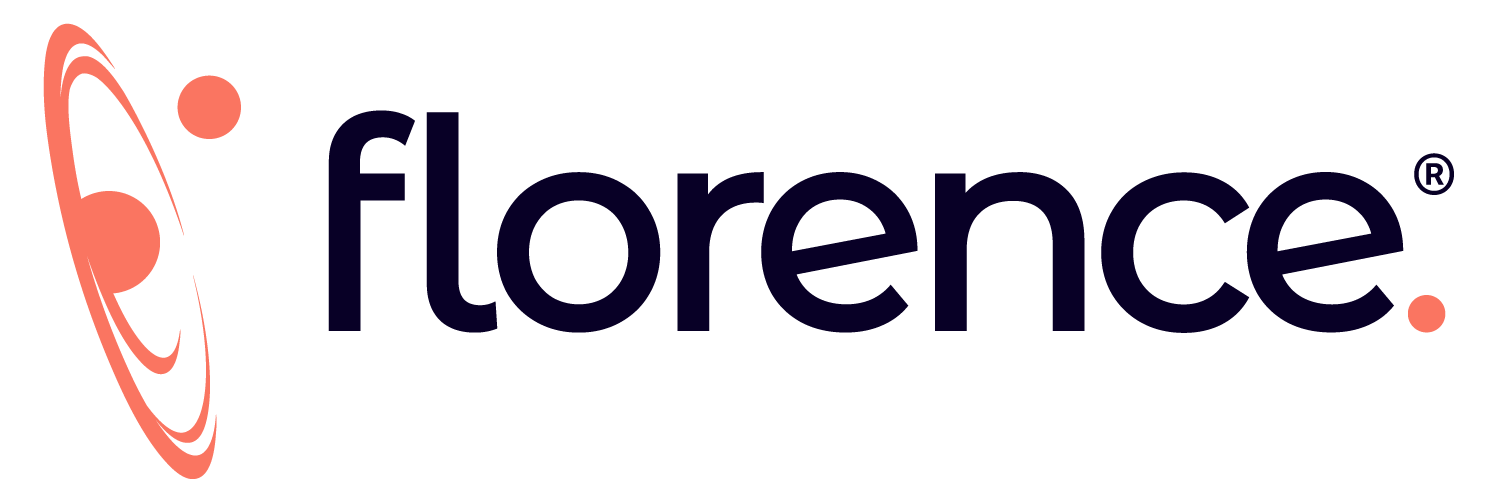
The long-anticipated finalization of the ICH Good Clinical Practice (GCP) E6 R3 was achieved on January 6, 2025, marking a milestone in global clinical research. The principles and Annex 1 of ICH E6(R3) have reached Step 4 and are transitioning into Step 5, with formal adoption by ICH member regulatory authorities underway. This updated guideline applies to interventional clinical trials of investigational products intended for global regulatory submissions.
While ICH E6(R3) retains much of the foundational guidance from its predecessor, E6(R2), it significantly expands its scope to accommodate the evolving landscape of clinical trial designs and innovative technologies. It also builds on key concepts from ICH E8(R1) General Considerations for Clinical Studies. For sponsors, these revisions introduce new considerations and responsibilities. Below, we break down the key updates and what they mean for you.
Key Updates in ICH E6(R3) for Investigator Sites
Use of Computerized Systems
As clinical research becomes increasingly digital, ICH E6(R3) sets clear expectations for computerized systems—defining distinct responsibilities based on whether the sponsor or the site owns the system—to ensure data integrity, subject protection, and regulatory compliance.
When Sponsors Own the System
For computerized systems owned or deployed by sponsors, ICH E6(R3) requires a comprehensive system inventory detailing each system’s purpose, validation status, access controls, security measures, interfaces, and management responsibilities.
Sponsors must ensure all critical requirements—such as system validation, audit trails, backups, user access management, disaster recovery, and training—are implemented proportionally to the system’s role in the trial.
Access must be controlled and traceable, with clear documentation of user roles and permissions. Any access granted to site staff must reflect the investigator’s delegation and remain visible to them. Additionally, sponsors must have procedures in place for sites and service providers to report system defects promptly.
Site System Oversight
For site-managed systems, sponsors are expected to assess fitness for purpose during site selection. This includes evaluating data security, auditability, and user controls—especially when systems are used in both routine care and clinical trials.
Data Governance
The new Data Governance section in ICH E6(R3) reinforces the sponsor’s role in ensuring data integrity, traceability, and security across the trial ecosystem. Sponsors are expected to:
- Oversee the entire data lifecycle, including audit trails, secure data transfers, record retention, and proper data destruction protocols.
- Ensure that all computerized systems under their control are validated, access-controlled, and supported by documented procedures and staff training.
- Establish clear mechanisms for detecting incidents that could significantly or persistently affect data quality or system security.
- Support traceability and oversight for participant-facing technologies, ensuring appropriate training and secure data capture where these tools are used.
These elements reflect concepts from regulations like 21 CFR Part 11 and the related Guidance on Electronic Systems, Electronic Records, and Electronic Signatures in Clinical Investigations: Q&A, Annex 11, and the EU guidelines on computerized systems and electronic data.
Quality by Design
ICH E6(R3) builds on the risk-based principles introduced in R2 by embedding Quality by Design as a foundational expectation for sponsors. This approach encourages the proactive identification of critical-to-quality factors during trial planning and emphasizes designing protocols and operational plans that reduce avoidable errors. Consistent with the principles outlined in ICH E8(R1), sponsors are expected to apply a systematic, risk-proportionate mindset across the trial lifecycle, ensuring that resources are focused on activities that most impact participant safety and data reliability
Oversight of Delegated Activities
ICH E6(R3) strengthens expectations for sponsor oversight. While sponsors may delegate trial-related duties to Contract Research Organizations (CROs) or other vendors, they retain ultimate accountability. Notably, R3 introduces the term “service providers” to encompass all third parties performing trial-related activities—including CROs—emphasizing that oversight obligations apply broadly, regardless of the entity type.
Sponsors must establish clear expectations, monitor service provider performance systematically, and implement escalation pathways for issue resolution. This shift moves beyond contractual delegation, prioritizing active governance, continuous communication, and documented oversight to uphold trial integrity and participant safety.
Stakeholder Engagement
ICH E6(R3) emphasizes a more inclusive and ethical approach to trial design by encouraging sponsors to incorporate input from a broad range of stakeholders, including patients and healthcare professionals, early in the development process. In alignment with ICH E8(R1), this includes gathering feedback to inform the clinical development plan, protocol design, and participant-facing materials. This evolution highlights the sponsor’s role in fostering participant-centered trials that prioritize clarity, respect, and trust.
Evolving Monitoring Approaches
ICH E6(R3) modernizes the approach to monitoring by emphasizing risk-proportionate, flexible strategies focused on critical-to-quality factors. While ICH E6(R2) introduced risk-based monitoring (RBM), R3 moves beyond a one-size-fits-all model. Sponsors are encouraged to tailor their monitoring approaches using a combination of on-site, remote, and centralized methods, based on the specific risks and design of each trial.
Importantly, traditional source data verification (SDV) is no longer expected as a default. Instead, sponsors can use centralized monitoring and remote review of data to identify trends, outliers, or inconsistencies that may signal issues—allowing for targeted, data-driven oversight. This shift enables more efficient use of monitoring resources while maintaining trial integrity and participant safety.
The planned reductions at HHS represent a direct threat to the nation’s ability to conduct timely, innovative, and patient-centered clinical trials. Fewer federal reviewers, fewer funded sites, and fewer scientific grants mean a slower, less responsive research ecosystem.
Clinical trial innovation cannot thrive without a strong federal backbone. As stakeholders in this ecosystem, we must advocate for sustained investment—not just for the benefit of the next blockbuster drug, but for the millions of patients waiting for it.
Records Retention
Although investigator sites remain responsible for managing essential trial records, sponsors must ensure appropriate oversight and supporting systems are in place. Unlike R2, E6(R3) no longer specifies a fixed retention period, instead deferring to applicable regulatory and contractual requirements.
How to Prepare for ICH E6(R3)
- Evaluate Existing Processes: Review your organization’s current compliance with ICH E6(R2) and identify areas that need enhancement to meet the expanded expectations in R3—especially around system oversight, data governance, and risk-based quality management.
- Update Policies and SOPs: Revise your internal procedures to reflect R3’s emphasis on data lifecycle controls, electronic signatures, computerized system validation, and privacy protections. Ensure vendor oversight processes are equally updated.
- Train Internal Teams and Service Providers: Educate sponsor staff and all service providers, including CROs, on their updated responsibilities, such as access delegation, system defect reporting, data traceability, and the handling of participant-generated data.
- Audit and Validate Systems: Conduct a gap analysis and validation of all sponsor-deployed computerized systems, ensuring they meet regulatory expectations for security, auditability, and data integrity.
- Strengthen Site Collaboration: Build robust communication pathways with sites to align on system access, provide visibility into delegated roles, and support timely incident reporting related to data or system performance.
Conclusion
ICH E6(R3) represents a significant step forward in global clinical research, fostering greater flexibility, innovation, and participant protection. While the revisions introduce new responsibilities for Sponsors and sites alike, they also provide opportunities to enhance the integrity and efficiency of clinical trials. By proactively aligning with these updates, Sponsors can ensure compliance and contribute to the evolving standards of clinical research excellence.

